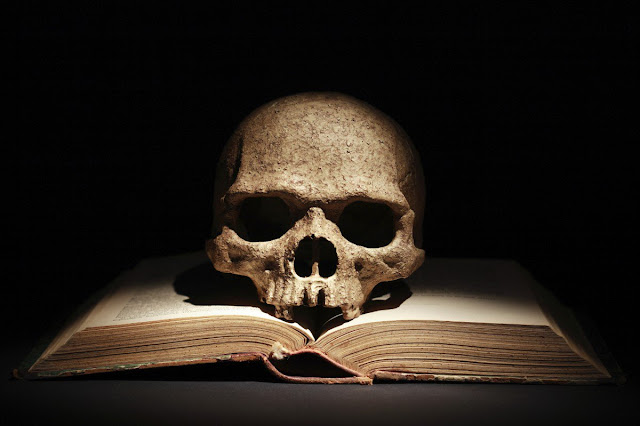THE DREADED MONOLOGUE
Every actor has a few things in their "toolkit": a CV and a head shot, the songs they sing when asked if they're able to sing, a cure-all drink they have when they're sick and have to perform (usually with honey and/or lemon, and a list of monologues for auditions. I don't need to tell you, but these monologues are important!!!! They are the reason why you do (or don't) book a gig, and if you don't have a handful of good ones, you're done. So in this post, dear reader, I am going to give you a little insight into my approach to tackling the dreaded task of working a monologue:
Step 1: Picking Your Poison
How do I find my monologues? Welp.. I usually head over to a script bookshop (hot tip: you can find scripts in theatre gift shops!!) or a library and start reading the character lists. If I find a play that has a part for a young woman between the ages of 18 and 30? I start flipping through for a chunk of text for the aforementioned character. If it doesn't have one? It goes back on the shelf. Next: if there's a good block of text? I read through it (duhhh.) If I like the monologue, I buy the play (or I find it used online and order it that way.) If it's poorly written and has no action, I put it back. Or I'll replace it if the script doesn't speak to me. It may seem counterintuitive to go through all that trouble only to find a decent monologue and not use it, but if a text doesn't fit you, you aren't going to convey it well. Use your big, actor-ey brain.
Step 2: READ THE SCRIPT
A no-brainer, but you'd be surprised at how many actors don't read the story from which they are speaking. Not only does the script tell you who the character is, but it cuts out a chunk of your work; no longer do you have to crunch your brain trying to come up with a scenario for your text. Voila! It's done for you already.
Step 3: Break It Down
This means looking at the movement of the script. Does it have a clear start, middle and end? Does it have more than one emotion that you can pull off? No one wants to see three minutes of unrelenting anger. That's boring. Is it appropriate to you? If you're a twenty-five year old side-kick type it may not be believable for you to play a conniving villain. With a monologue, you have a little more freedom to go outside of your playing type, but it's a little freedom, NOT going to the opposite end of the spectrum just because you can. You want to show the casting directors how they can cast you, not how they can't.
Bonus: Authors I Like
In no particular order: Shakespeare (duh, but his more obscure plays are better for auditions. CDs get tired of the same things), Charles Evered (he's brilliant, American, and obscure but published), Nina Raine, and Tom Morton-Smith (In Doggerland is gross but has some brilliant pieces.)
Have a hot tip or a favorite playwright or play for other peeps to check out? Comment below!

Comments
Post a Comment